About Botswana
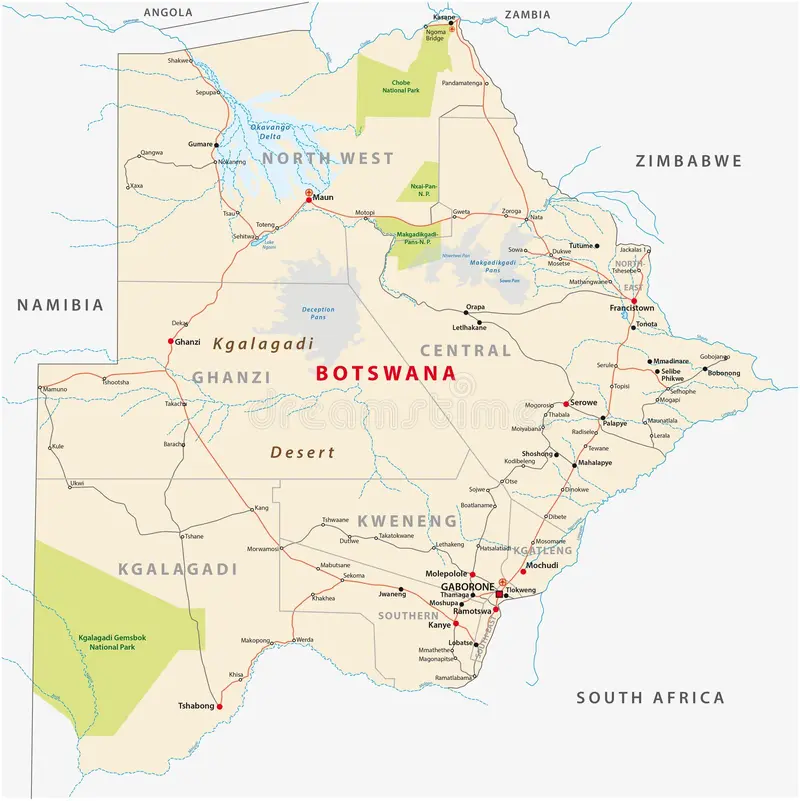
Geography of Botswana
Botswana is a landlocked country in Southern Africa, bordered by South Africa, Namibia, Zimbabwe, and Zambia. Covering over 581,000 square kilometers, it is characterized by vast open landscapes, most notably the Kalahari Desert, which spans much of the country, and the Okavango Delta, one of the world’s largest inland deltas and a UNESCO World Heritage Site. The terrain is predominantly flat, with savannahs, salt pans, and wetlands supporting rich biodiversity. This unique geography not only shapes Botswana’s natural beauty but also underpins its reputation as a premier destination for wildlife and ecological tourism.
Botswana Government
Botswana is recognized as one of Africa’s most stable democracies, built on a foundation of good governance, the rule of law, and respect for human rights. Since gaining independence in 1966, the country has maintained a multi-party system and regular democratic elections, ensuring strong political stability. The government is a unitary parliamentary republic, with the current President H.E Duma Gideon Experience serving as both Head of State and Head of Government. Guided by principles of transparency and accountability, Botswana’s governance framework has been instrumental in fostering economic growth, attracting investment, and upholding the country’s reputation as a model of democracy in the region.
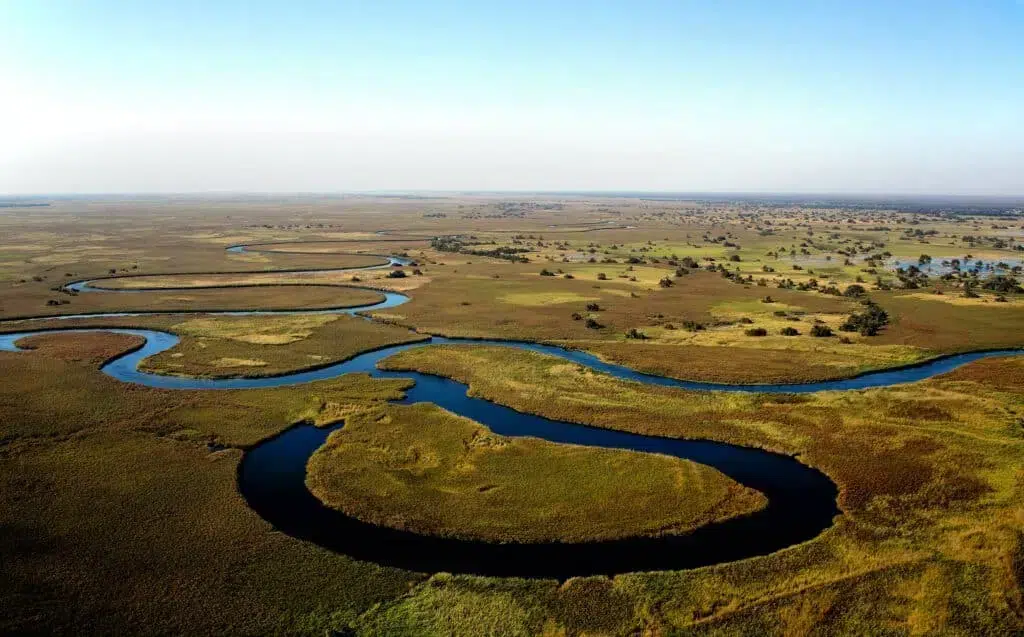
Environment In Botswana
Botswana is renowned for its commitment to conservation and sustainable environmental management. Nearly 40% of the country’s land is dedicated to national parks, game reserves, and wildlife management areas, making it one of the leading conservation-focused nations in Africa. The country is home to diverse ecosystems, from the wetlands of the Okavango Delta to the arid expanses of the Kalahari Desert, supporting a wide variety of plant and animal species. Botswana’s environmental policies emphasize the protection of biodiversity, sustainable tourism, and climate resilience, ensuring that its natural heritage continues to benefit both people and wildlife for generations to come.
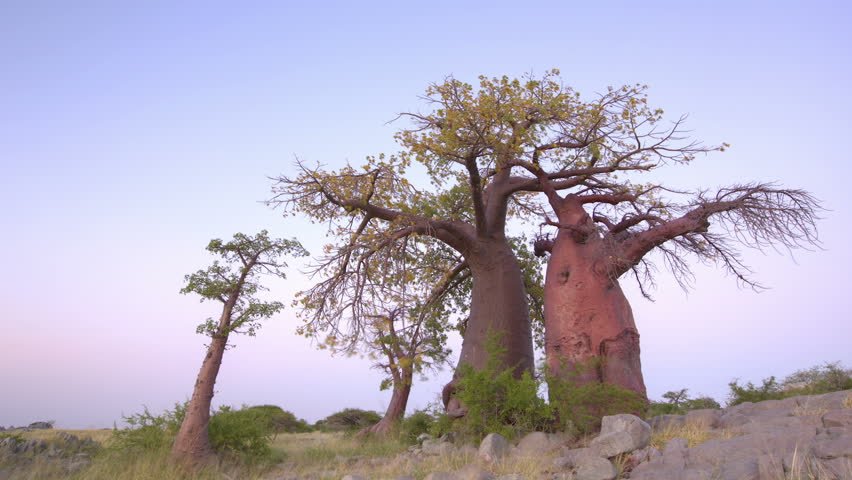
Climate Of Botswana
Botswana has a semi-arid climate, characterized by hot summers, mild winters, and low, variable rainfall. The country experiences two main seasons: a rainy season from November to March, which brings scattered showers and occasional thunderstorms, and a dry season from April to October, marked by clear skies and cooler nights. Average daytime temperatures can exceed 35°C in summer, while winter nights may drop close to freezing in some areas. This climate has shaped Botswana’s landscapes, from the lush Okavango Delta during the floods to the vast, dry stretches of the Kalahari, offering unique contrasts that define the country’s natural beauty.

Population Of Botswana
Botswana has a population of just over 2.5 million people, making it one of the least densely populated countries in the world. The majority of citizens belong to the Tswana ethnic group, alongside diverse communities such as the Kalanga, San, and other minority groups that enrich the nation’s cultural heritage. The population is predominantly young, with a growing urban presence in cities like Gaborone, Francistown, and Maun, while many still maintain strong ties to rural traditions. Botswana is celebrated for its social cohesion, peace, and inclusive identity, often expressed through the national motto, “Botho”, which emphasizes respect, unity, and community values.
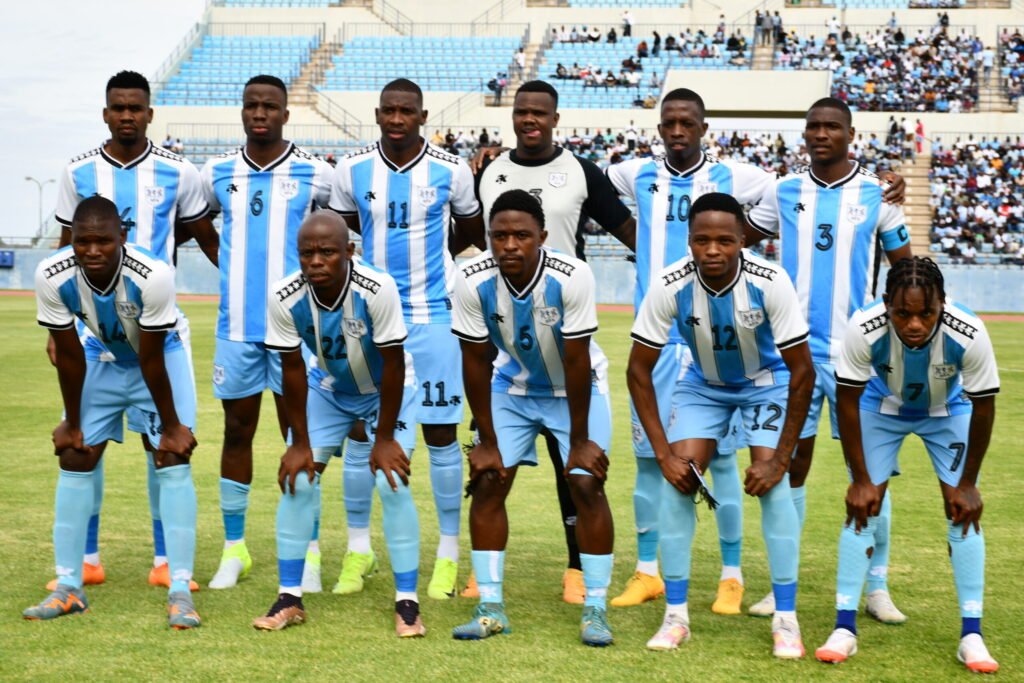
Sports In Botswana
Sports play a vital role in Botswana’s national pride and international recognition. The country has excelled in athletics, producing world-class champions such as Amantle Montsho, the 400m World Champion, and Letsile Tebogo, the 200m Olympic Champion and rising global sprint star. Their achievements have placed Botswana firmly on the map in international track and field. Football is also a major passion across the nation, with both the men’s and women’s national teams having featured in the prestigious Africa Cup of Nations tournament. From grassroots participation to international glory, sport in Botswana continues to inspire unity, excellence, and national celebration.
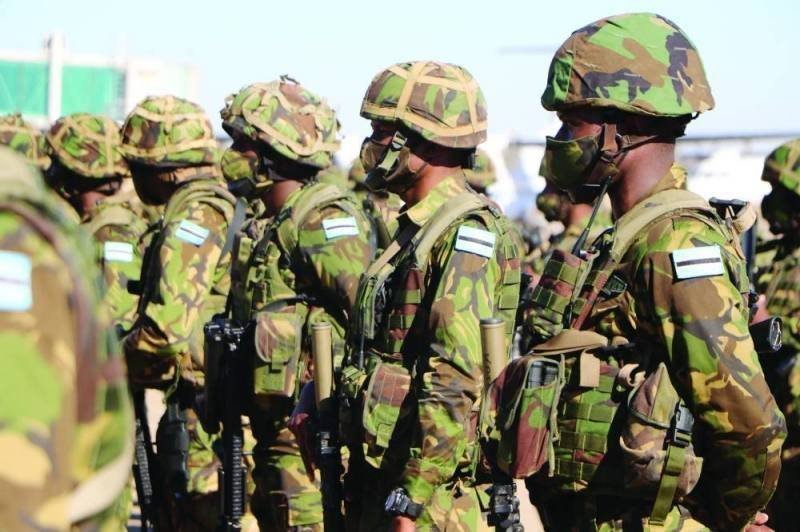
Security In Botswana
Botswana consistently ranks among the safest and most stable countries in Africa—and globally. According to the Global Peace Index 2025, Botswana holds the 43rd position worldwide, making it the second most peaceful nation on the continent, just behind Mauritius. Integral to maintaining this security are the Botswana Defense Force (BDF) and the Botswana Police Service. Both report to the Ministry of Defence and Security, with the Police Service entrusted with internal safety and law enforcement, while the BDF supports national sovereignty, border protection, and humanitarian efforts. The Police Service shines with distinction—being ranked number 1 in Africa and 47th globally in the World Internal Security and Police Index (WISPI)
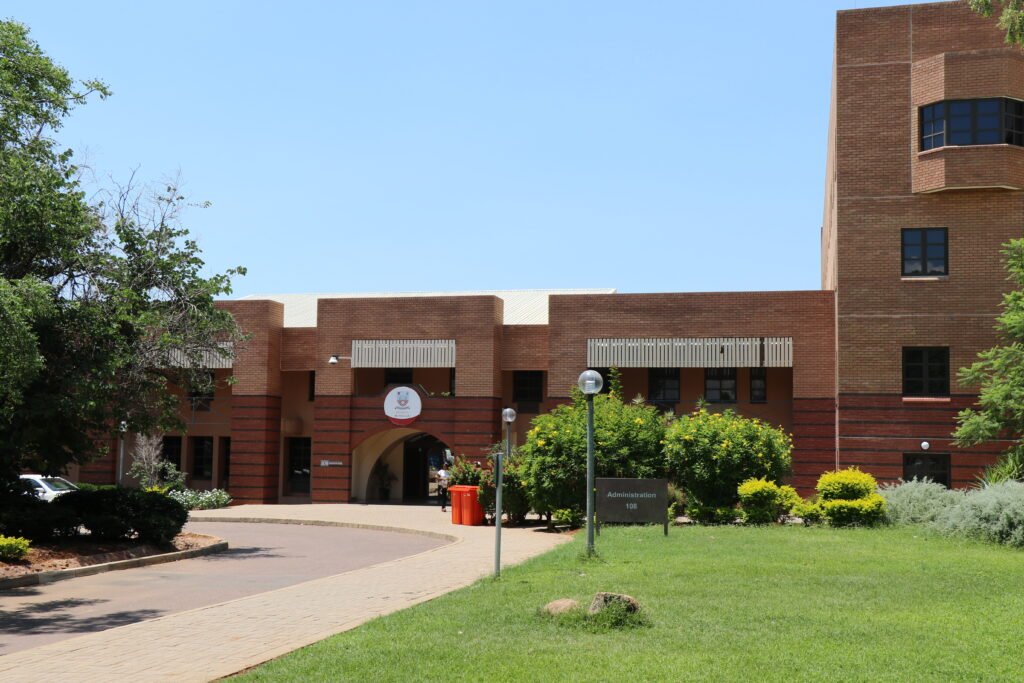
Education In Botswana
Botswana is renowned for ensuring that it’s citizens get access to quality education from grass roots levels until they the graduate from univeristy with degrees. This is done by the government subsidizing education through departments like the Department of Tertiary Education Funding (DTEF). The country boasts reputable uiversities, colleges and vocational training institutions like The University of Botswana, (UB)
Botswana International University of Science and Technology (BIUST)
and Botswana Accountancy College (BAC)

Religion In Botswana
Religion plays an important role in Botswana’s cultural and social life. The majority of the population identifies as Christian, with denominations such as Anglican, Methodist, Lutheran, Roman Catholic, and United Congregational Church being well represented. Traditional beliefs and practices also remain influential, often blending with Christianity in everyday life and community rituals. In addition, there are small but active communities of Muslims, Hindus, and Baha’is, reflecting the country’s diversity and openness. Botswana’s religious landscape is marked by tolerance and harmony, with freedom of worship enshrined in the Constitution—strengthening national unity and respect for cultural identity

Tourism In Botswana
Tourism is one of Botswana’s most vibrant sectors, driven by the country’s pristine wilderness, world-renowned wildlife, and commitment to sustainable travel. From the UNESCO-listed Okavango Delta and the vast Chobe National Park to the Makgadikgadi salt pans and Kalahari Desert, Botswana offers visitors unforgettable safari and cultural experiences. The government, through the Botswana Tourism Organisation, works to promote and regulate the industry, while the Hospitality and Tourism Association of Botswana (HATAB)
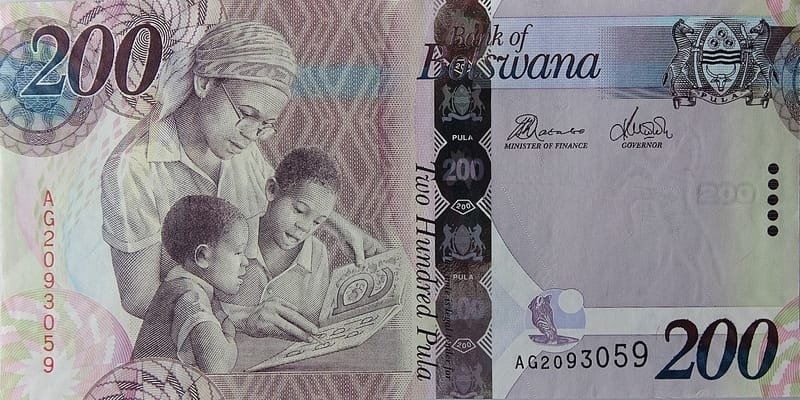
Economy of Botswana
Botswana has one of Africa’s most resilient and well-managed economies, built on a foundation of prudent governance, diamond revenues, and diversification efforts. Since independence in 1966, the country has transformed from one of the world’s poorest nations into an upper-middle-income economy, with consistent growth driven by mining, tourism, agriculture, and financial services. The government continues to promote economic diversification, supporting sectors such as renewable energy, manufacturing, and information technology to reduce reliance on diamonds. With its stable political climate, sound fiscal policies, and investor-friendly environment, Botswana remains a model of economic success and opportunity in the region.

Botswana's Cabinet
The Cabinet of Botswana serves as the executive authority of the nation, working under the leadership of President Duma Gideon Boko and Vice President Ndaba Nkosinathi Gaolathe. It includes the President, Vice President, Ministers, and Assistant Ministers—each responsible for key portfolios such as finance, education, health, foreign affairs, and defense. Together, they craft and implement national policies, drive public service delivery, and uphold the principles of transparency and good governance. With its collective expertise and leadership, the Cabinet embodies Botswana’s commitment to democratic accountability and sustainable development.
